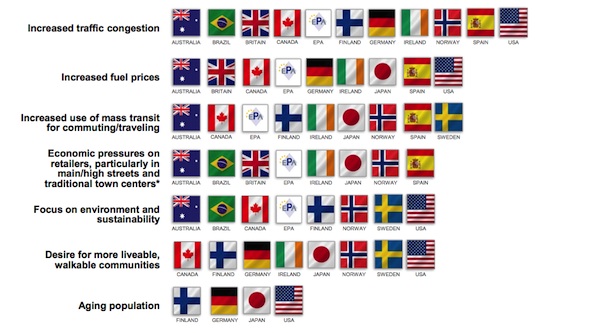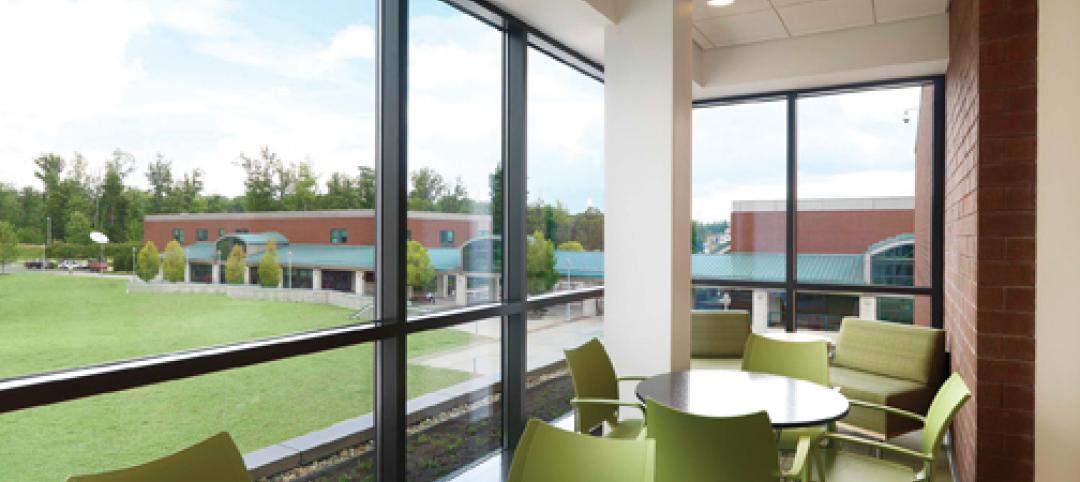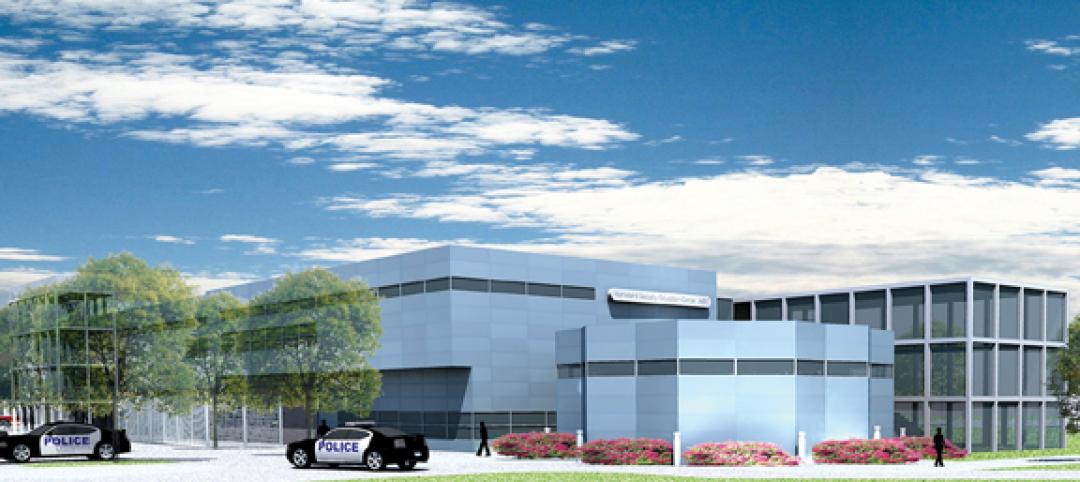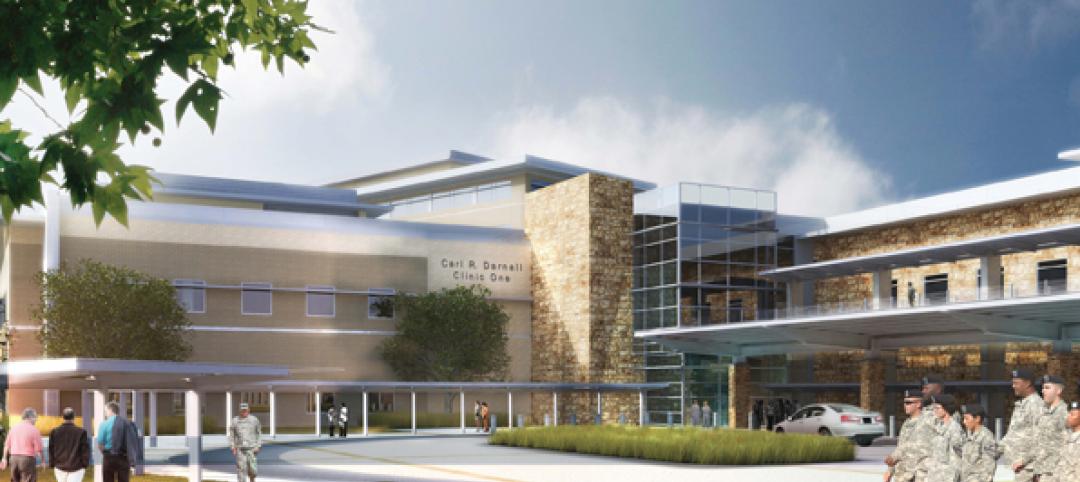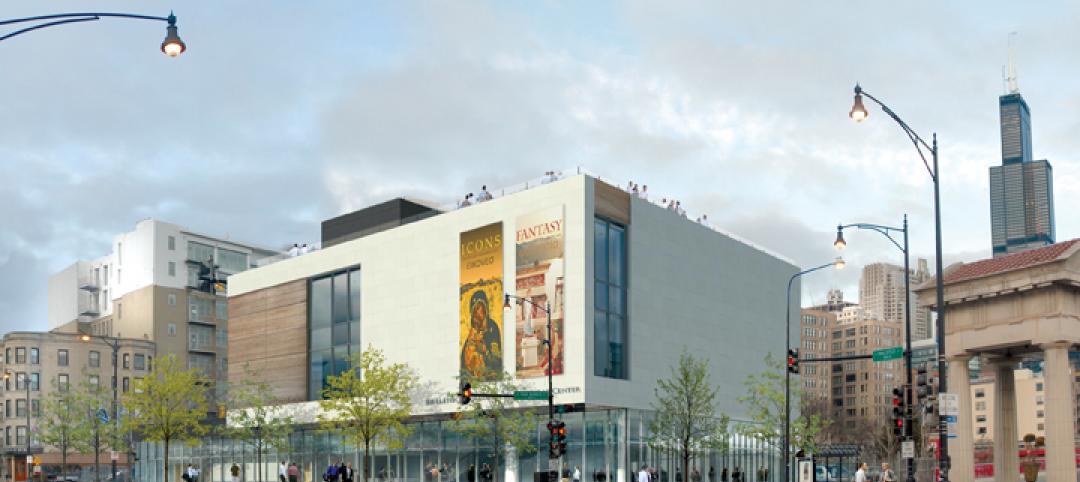(Dublin, Ireland) -- Do parking challenges and solutions differ significantly around the globe? Are Japan's parking priorities the same as those in Great Britain or Brazil? To answer these and other questions and begin to build a knowledge base that can benefit all countries, the Global Parking Association Leaders (GPALs) Summit, a group comprised of parking associations around the world, recently surveyed parking professionals from 21 countries. The results, shared last week at the European Parking Association (EPA) Congress in Dublin, Ireland, revealed some universal similarities along with a few interesting country-specific differences.
Technology is Revolutionizing Parking
Within the past few years, technology has transformed the parking industry in many countries, making it easier for parking professionals to meet the demands of drivers who want to access, exit, find, and pay for parking. The majority of parking facility owners, operators, and managers polled listed the move toward innovative technology as the leading industry trend. Cited were GPS and mobile phone technology, electronic payment, sensor space-monitoring systems, and a shift toward accommodating electric vehicles.
What Cities Are Seen as Having the Most Progressive Parking?
Asked to name up to three cities within or outside of their own countries they would consider trendsetting or progressive in terms of their approach to parking, survey respondents most often cited London (named by nine countries), San Francisco (seven countries), Amsterdam and Paris (five countries each), and Barcelona, Seattle, and Tokyo (four countries). U.S. respondents also identified New York, Los Angeles, and Washington, D.C. as being progressive about parking.
Sustainability an Industry Focus
Along with technological improvements, the parking industry has been revolutionized by a heightened environmental awareness, with parking professionals assuming active roles in fostering sustainability in their communities. Sustainability proves to be a broadly-shared global concern, with most respondents saying the greatest environment benefit comes from on- and off-street guidance systems that enable drivers to find parking faster, reducing carbon emissions. Coming in a close second is energy-efficient lighting, seen as one of the top three priorities for a majority of countries, particularly Germany (85 percent) and Brazil (72 percent). The third leading trend of encouraging alternative travel through bike storage, car and bike share, and access to mass transit, is clearly seen as a priority in Norway (70 percent), followed by Britain, Australia, Ireland, Brazil, and the U.S.
"This is the first time parking associations around the world have collaborated to identify industry trends, and it is clear that we share many of the same challenges and opportunities," says Shawn Conrad, CAE, executive director of the U.S.-based International Parking Institute (IPI), the world's largest parking association. "Despite our many common issues, we see some interesting differences in countries' priorities and circumstances, and I believe we will be able to learn much from each other."
While decision-makers' attitudes toward parking appear to be positively shifting around the world, most respondents feel that more collaboration is needed, particularly between parking professionals, urban planners, and local government officials. This was most strongly voiced in the Scandinavian countries, but at least half of those polled in Australia, Britain, and Canada agreed. In the U.S., urban planners, architects, and local government officials emerged as the three groups most in need of parking education.
According to Conrad, the survey results point to the need to tap parking expertise earlier in the urban planning process to avoid later issues with economic development, transportation flow, congestion, and design.
Societal Factors: Can Smart Parking Solutions Ease Traffic Congestion?
Most of the countries surveyed listed traffic congestion as having a significant societal influence on parking. (Australia, Canada, and the U.S. viewed traffic congestion as the leading influence, followed by Brazil, Britain and Germany). One-third of those surveyed believe that parking's greatest future challenge will be dealing with this scarcity of space and resources and rising mobility costs in urban areas.
Other societal influences on parking varied by region. They included economic pressures on retailers (listed first by Brazil, Britain, Ireland, and Spain), increased fuel prices (listed first by Spain and second or third by six other countries), the focus on environment and sustainability, and the desire for more liveable, walkable communities (both of which were rated most highly by all three Scandinavian countries, followed by Canada, Germany, and the United States). Only Brazil cited a shortage of qualified employees that was affecting parking.
Conrad said the GPALs Global Parking Survey is not a statistically projectable study, but it's a valuable snapshot and the beginning of knowledge-building and future collaborative projects among parking associations around the world."
The surveys were conducted by individual country parking associations and analyzed by the Washington, D.C.-based Market Research Bureau, with assistance from Giuliano Mingardo, a senior researcher in the Department of Regional, Port and Transport Economics at Erasmus University in Rotterdam.
The Global Parking Association Leaders (GPALs) Summit is an annual meeting of parking association leaders from around the world. Established by the International Parking Institute in 2012, the GPALs Summit is an opportunity for those leaders to gather, share information, and learn from each other in a friendly forum that encourages discussion and dialogue on a wide range from topics.
The next GPALs Summit will be held in conjunction with in Dallas, Texas, June 1-4, 2014, at the annual IPI Conference & Expo, the largest gathering of parking professionals in the world.
For a list of participating countries, and to view a downloadable report of survey results, visitwww.parking.org/gpals. The charts below reflect the most popular responses among the countries whose flags are shown.
Most impactful trends
Most potential to improve sustainability
Societal changes influencing the parking industry
Related Stories
| Jan 21, 2011
Sustainable history center exhibits Fort Ticonderoga’s storied past
Fort Ticonderoga, in Ticonderoga, N.Y., along Lake Champlain, dates to 1755 and was the site of battles in the French and Indian War and the American Revolution. The new $20.8 million, 15,000-sf Deborah Clarke Mars Education Center pays homage to the French magasin du Roi (the King’s warehouse) at the fort.
| Jan 21, 2011
Virginia community college completes LEED Silver science building
The new 60,000-sf science building at John Tyler Community College in Midlothian, Va., just earned LEED Silver, the first facility in the Commonwealth’s community college system to earn this recognition. The facility, designed by Burt Hill with Gilbane Building Co. as construction manager, houses an entire floor of laboratory classrooms, plus a new library, student lounge, and bookstore.
| Jan 20, 2011
Construction begins on second St. Louis community center
O’Fallon Park Recreation Complex in St. Louis, designed by local architecture/engineering firm KAI Design & Build, will feature an indoor aquatic park with interactive water play features, a lazy river, water slides, laps lanes, and an outdoor spray and multiuse pool.
| Jan 20, 2011
Community college to prepare next-gen Homeland Security personnel
The College of DuPage, Glen Ellyn, Ill., began work on the Homeland Security Education Center, which will prepare future emergency personnel to tackle terrorist attacks and disasters. The $25 million, 61,100-sf building’s centerpiece will be an immersive interior street lab for urban response simulations.
| Jan 19, 2011
Extended stay hotel aims to provide comfort of home
Housing development company Campus Apartments broke ground on a new extended stay hotel that will serve the medical and academic facilities in Philadelphia’s University City, including the University of Pennsylvania and the Children’s Hospital of Philadelphia. The 11,000-sf hotel will operate under Hilton’s Homewood Suites brand, with 136 suites with full kitchens and dining and work areas. A part of the city’s EnergyWorks loan program, the project aims for LEED with a green roof, low-flow fixtures, and onsite stormwater management. Local firms Alesker & Dundon Architects and GC L.F. Driscoll Co. complete the Building Team.
| Jan 19, 2011
New Fort Hood hospital will replace aging medical center
The Army Corps of Engineers selected London-based Balfour Beatty and St. Louis-based McCarthy to provide design-build services for the Fort Hood Replacement Hospital in Texas, a $503 million, 944,000-sf complex partially funded by the American Recovery and Reinvestment Act. The firm plans to use BIM for the project, which will include outpatient clinics, an ambulance garage, a central utility plant, and three parking structures. Texas firms HKS Architects and Wingler & Sharp will participate as design partners. The project seeks LEED Gold.
| Jan 19, 2011
Museum design integrates Greek history and architecture
Construction is under way in Chicago on the National Hellenic Museum, the nation’s first museum devoted to Greek history and culture. RTKL designed the 40,000-sf limestone and glass building to include such historic references as the covered walkway of classical architecture and the natural wood accents of Byzantine monasteries. The museum will include a research library and oral history center, plus a 3,600-sf rooftop terrace featuring three gardens. The project seeks LEED Silver.
| Jan 19, 2011
U.S. Green Building Council Welcomes New Board Directors
The U.S. Green Building Council (USGBC) has announced newly elected officers and new directors to its 2011 Board of Directors, including Elizabeth J. Heider from Skanska; Kirsten Ritchi from Gensler; and Dennis Maloskey, from the Pennsylvania Governor's Green Government Council.
| Jan 10, 2011
Michael J. Alter, president of The Alter Group: ‘There’s a significant pent-up demand for projects’
Michael J. Alter, president of The Alter Group, a national corporate real estate development firm headquartered in Skokie, Ill., on the growth of urban centers, project financing, and what clients are saying about sustainability.





